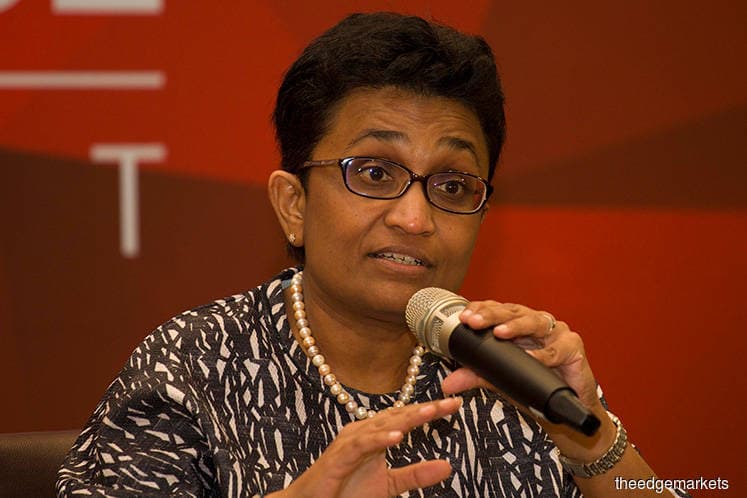
This article first appeared in The Edge Financial Daily on November 14, 2017
KUALA LUMPUR : Poor health and well-being of employees have resulted in Malaysian companies losing 67 days of productive work per employee per year, at an estimated cost of RM2.7 million a year on average, according to the Malaysia’s Healthiest Workplace by AIA Vitality survey.
The survey cited the issue of presenteeism, which refers to the lost of productivity from employees who show up to work even though they are unwell. The outcome showed that out of the 67 days lost, 58.8 days were due to presenteeism while the remaining 8.2 days were attributed to actual absence from work.
“Research studies have shown that presenteeism can be linked to workplace policies which have been put in place to manage absenteeism. Job demands also come into play, with heavy workloads, understaffing, overtime and looming deadlines all motivating people to work even though they are in less-than-optimal health,” said Dr Christian van Stolk, vice president of RAND Europe, the research agency commissioned by AIA Bhd to conduct the study.
A total of 47 Malaysian small, medium and large companies participated in the survey, with 5,369 employees provided feedback on health and well-being aspects at their respective workplace.
The survey revealed issues of concern in regard to the health and well-being of the workforce in Malaysia. Of the employees surveyed, 90% did not have a balanced diet, 64% were physically inactive, 56% slept less than seven hours a night, 53% had at least one dimension of work-related stress and 12% experienced high levels of anxiety or depressive symptoms.
Based on the survey, Malaysians work the longest hours among the countries surveyed — Singapore, Hong Kong and Australia — averaging 15 hours more than contracted each week.
AIA Malaysia’s chief executive officer Anusha Thavarajah said the survey was done to promote awareness of the importance of workplace health and encourage constructive discussions and action on the well-being of employers and employees, especially regarding the issue of mental health, which is usually avoided as it is a taboo topic.
“Here we are playing a role in creating the awareness — making sure that people appreciate and understand what is involved [in mental health issues] and what it could grow to,” she told reporters during a press conference at the Malaysia’s Healthiest Workplace Summit held earlier yesterday.
Associate Professor Dr Wee Lei Hum from the health sciences faculty at Universiti Kebangsaan Malaysia, which is the local academic partner of the survey, said the issue is prevalent especially in the Asian working culture, and hence, employers have a huge role to play in enabling a cultural shift to emphasise more on work-life balance.
“The key to successful behavioural change is through the promotion of health and wellness strategies in the workplace and making sure that they are ingrained in the organisational culture. This can only be achieved with strong support from employers.”
At the event, participating companies were given awards based on three categories; healthiest employees, healthiest employer, and healthiest workplace.
SAP Malaysia Sdn Bhd won the award of healthiest employees in the small organisation category, while the International Medical University won the award in the medium organisation category, and Top Glove Corp Bhd won it in the large corporation category.
Meanwhile, Datacom Systems (Asia) , GlaxoSmithKline Malaysia, and Nestle (Malaysia) Bhd were awarded the healthiest employer award for small, medium, and large organisation categories respectively.
Lastly, the healthiest workplace award went to SAP Malaysia Sdn Bhd in the small firm category, International Medical University in the medium organisation category, and Dell Global Business Center in the large corporation category.
“If organisations embrace the importance of a healthy workplace, the immediate outcome is that they will see their employees showing better health, better productivity, and it will naturally bring in better business results. But, more importantly, it is also a hiring edge where you will have the ability to get good people in [the company] and retain them,” Anusha added.